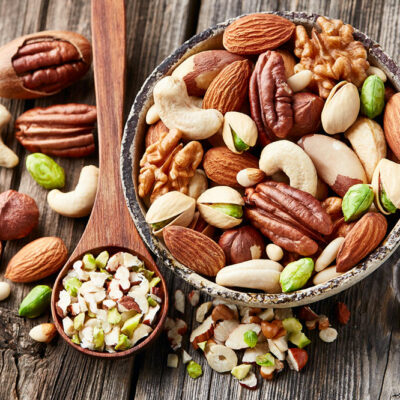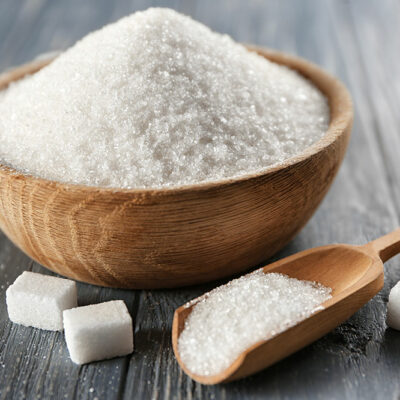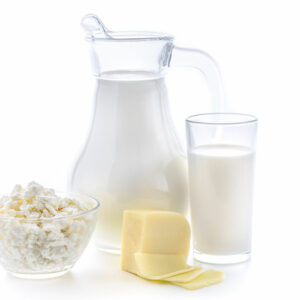
01
3 treatment tips to fight melanoma
Melanoma, which is one of the most serious forms of skin cancer, develops in melanin cells or melanocytes, which are the cells responsible for skin pigmentation. It is caused when UV rays or tanning beds alter the melanocytes’ genetic mutations. Early detection has been found to heal most patients suffering from the disease. This article discusses the treatment options, meal plans, and lifestyle changes that can help patients with melanoma alleviate its effects: What are the treatment options? Early treatment is crucial to ensure a complete recovery from melanoma. Surgery is the primary intervention for melanoma, particularly when it is detected in an initial stage and the tumor is less than 1 mm in thickness. However, surgical melanoma removal becomes difficult or impossible if the condition is left undiagnosed. In such cases, one of the most reliable treatment options is Opdivo®, authorized by FDA for patients with advanced melanoma, i.e., stages III and IV. In stage III, surgery must be supplemented by other treatments to eradicate melanoma cells. In stage IV, melanoma begins spreading to other organs and cannot be removed surgically. Typically, hospitalization is not required for Opdivo ® intervention, as outpatient treatment is the preferred treatment plan. Opdivo ® primarily aims to dissolve tumors from all parts of the body, facilitate symptom relief, and help patients recover completely from the condition.
Read More 









